The Supreme Court is set to hear the bail plea of Delhi Chief Minister Arvind Kejriwal in connection with a corruption case registered by the Central Bureau of Investigation (CBI) under the Prevention of Corruption Act related to the controversial liquor policy. Kejriwal’s plea, filed through his wife Sunita, argues that he is being subjected to gross persecution, despite a lack of substantial evidence against him.
Background of the Case:
The CBI registered the excise scam case on August 17, 2022, implicating several individuals, including Delhi’s former Deputy Chief Minister Manish Sisodia. The case revolves around allegations of corruption and malpractices in the formulation and implementation of Delhi’s liquor policy. Since then, the CBI has filed an initial chargesheet followed by three supplementary ones, naming 18 accused and presenting evidence that includes documents running into thousands of pages.
Kejriwal’s bail plea cites the interim bail granted to him by an SC bench led by Justice Sanjiv Khanna in a related excise scam case under the Prevention of Money Laundering Act (PMLA) lodged by the Enforcement Directorate (ED). Additionally, the plea references the Supreme Court’s August 9 judgment, which granted bail to his former deputy, Manish Sisodia, in a related case.
Key Arguments:
Kejriwal’s plea, which is listed before a bench of Justices Surya Kant and Ujjal Bhuyan, highlights that bail has already been granted to several co-accused in the CBI’s case, including Vijay Nair, Abhishek Boinpally, Butchi Babu, and Chanpreet Singh. The plea emphasizes that the Chief Minister’s request for bail stands on even stronger grounds as there is no direct evidence implicating him in any wrongdoing.
The petition criticizes the Delhi High Court’s August 5 order, which refused Kejriwal bail on the grounds that he should have first approached the trial court rather than seeking direct intervention from the High Court. Kejriwal argues that this requirement would be akin to making him “play the game of ‘snake and ladder’,” forcing him to run from one court to another in a matter involving his life and liberty.
Senior Advocate’s Intervention:
Senior advocate A M Singhvi, representing Kejriwal, requested an early hearing on the CM’s bail petition. Chief Justice of India D Y Chandrachud subsequently scheduled the hearing for Wednesday, August 16, 2024.
Kejriwal asserts that the charges against him are based on “vague evidence” collected by the CBI, including hearsay and coerced statements from co-accused individuals, which hold little legal value. He also points out that despite being the national convenor of a major political party (AAP) and the sitting Chief Minister of Delhi, he is being subjected to unwarranted harassment for “wholly mala fide and extraneous reasons.”
Looking Ahead:
As the Supreme Court prepares to hear this high-profile bail plea, the outcome will likely have significant implications for the ongoing investigations and the political landscape in Delhi. The case continues to draw widespread attention, reflecting the broader tensions between state governance and central investigative agencies.

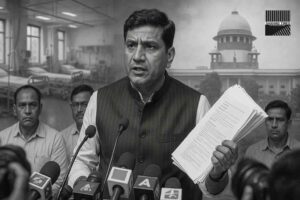

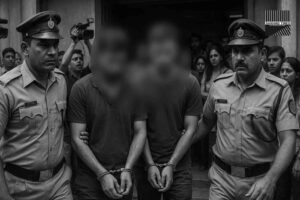
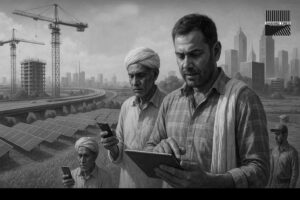
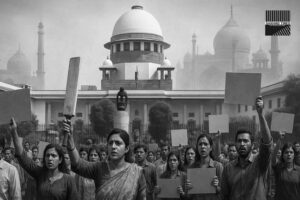

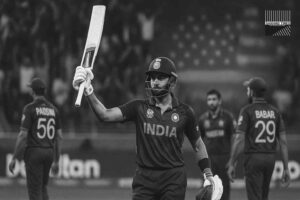
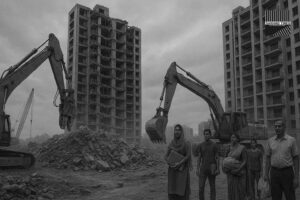



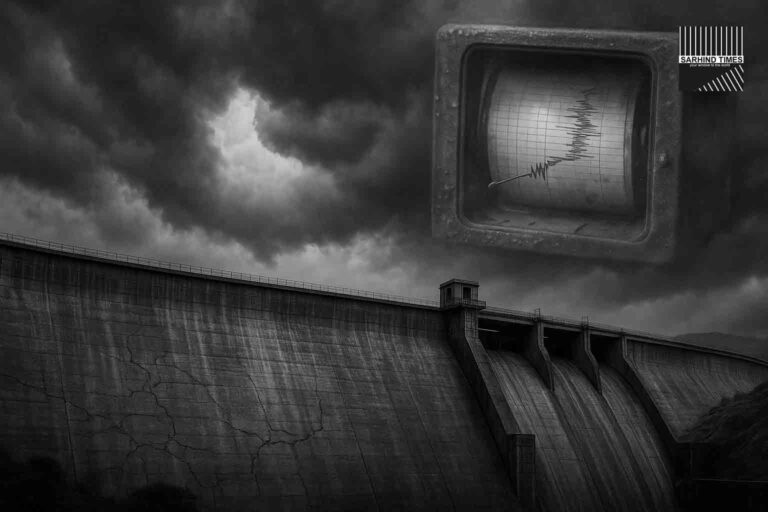
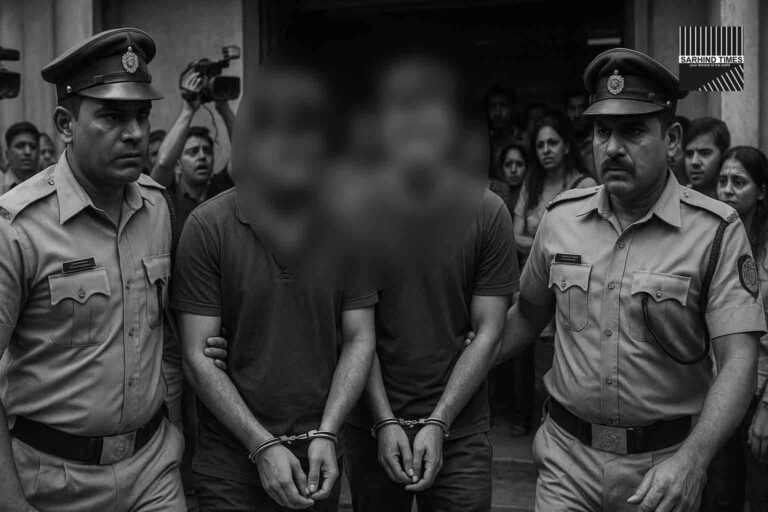
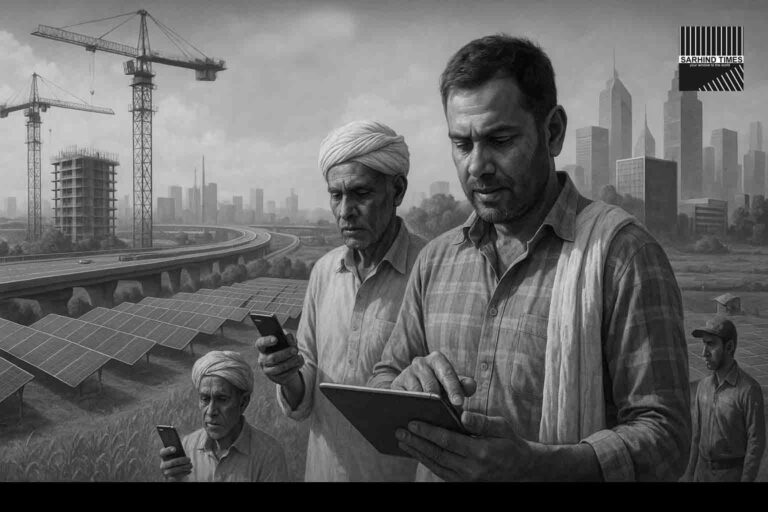
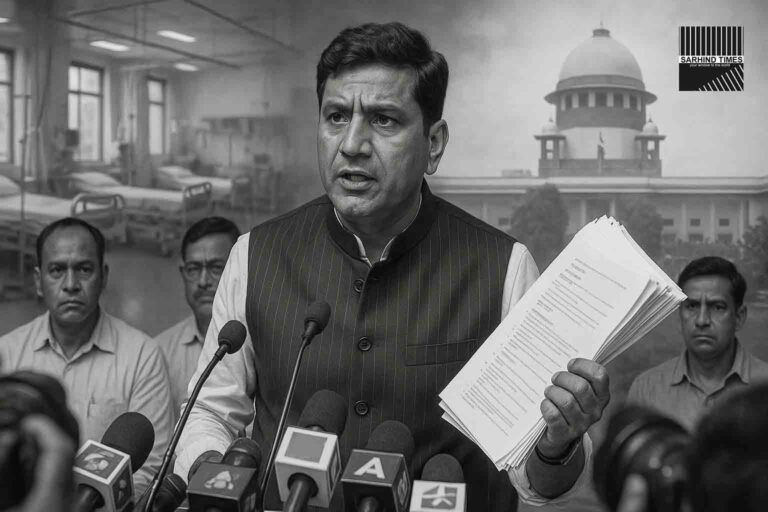
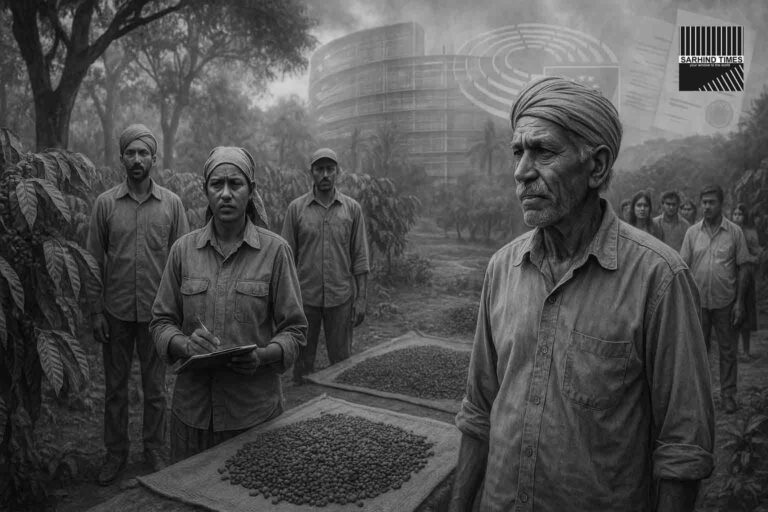
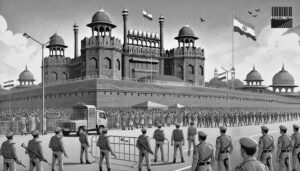

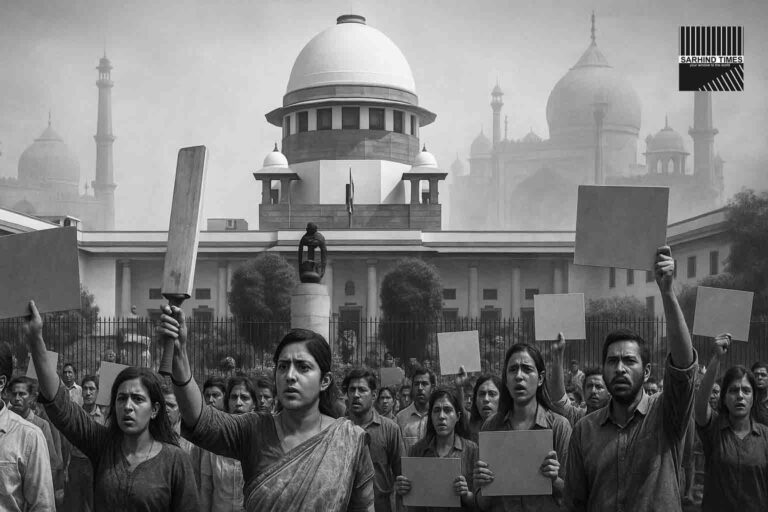
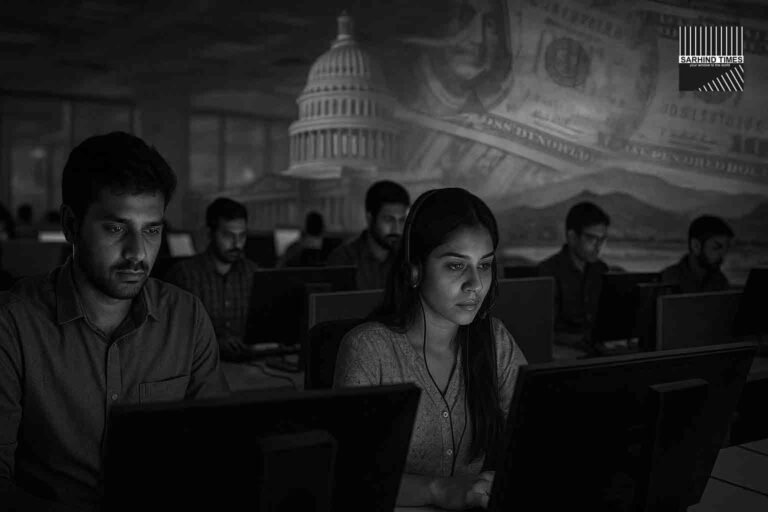
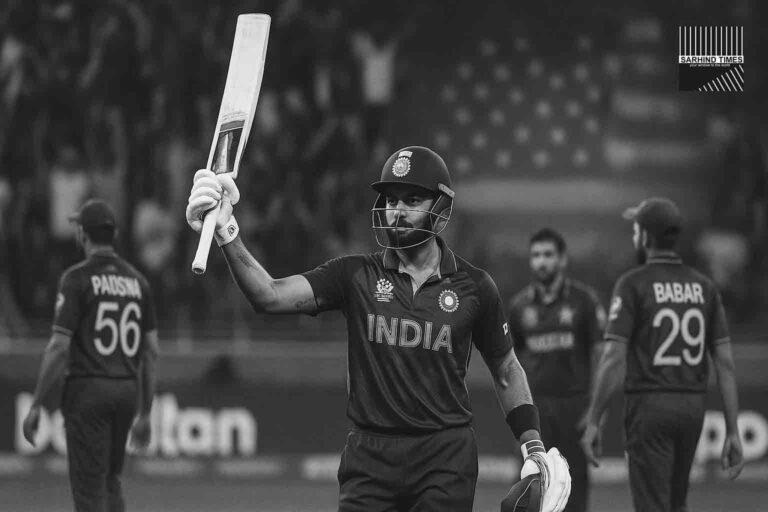
+ There are no comments
Add yours